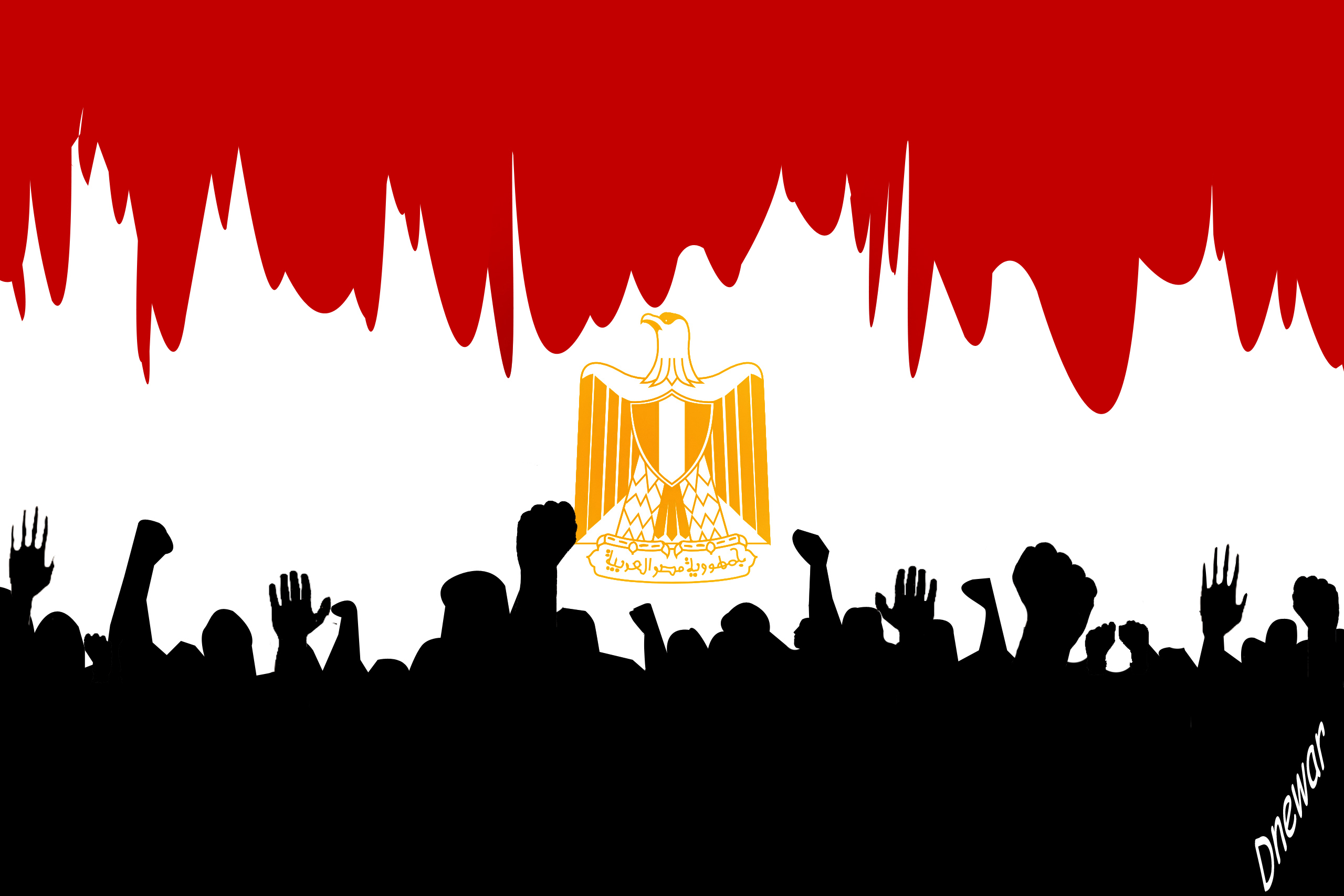
The 18 days of 2011 were violent, angry and disruptive. But the reasons for those emotions and events lay within the grasp of even the most cynical of “feloul.” President Mubarak presided over a regime rife with corruption propped up by police brutality. The people, justifiably, exercised their rage. The regime, desperately, exercised violence in the face of their diminishing power. Everyone understood this. Everyone knew what side they were on.
Today’s situation lacks that clarity. Over the weekend, the post-uprising tensions in Egyptian society exploded onto center stage with an alarming penchant for violence. The political arena and actors, so well understood in the first 18 days can no longer be delineated and described. In fact, today’s confusion has retroactively cast doubt on the events of the first 18 days, challenging the dominant narrative. Over the past few days I tried, numerous times, to identify the forces at play today in Egypt. Below is part one of my attempt to make heads of tails of what is occurring in Egypt.
It is no secret that the institutions of the Egyptian state experienced a dramatic decline over the past two years. The police, army, judiciary, bureaucracy and the office of the presidency are viewed with suspicion. The battle for control of these institutions indicates a somewhat Pyrrhic victory for those who will ultimately sit on the charred remains The irrelevance of Morsi and his speech last night coupled with the blatant disregard for his curfew in the canal cities serve as dramatic examples. The result is an aggressive schadenfreude that has risen as the State’s institutions declined. For the people, the State, including Laws and the police, should be dismissed, and if they dare to assert themselves, they should be reminded of their new, subservient place in society.
The decline of the Judiciary deserves special mention. Partly due to the central role it plays in exercising state Power and partly due to the circumstances surrounding its decay. The Law, and those who interpret it, serves as the final arbiter of Justice. Given that in Egypt, Laws are not interpreted by “your peers” Judges play an even more pivotal role. If Law does not serve justice then it must serve another end. In a dictatorship that other end may be preserving the dictatorship. In today’s end what other end may the Law achieve if not Justice? How can we allow the Law to serve a deposed dictatorship if we already deposed it? How can we allow it to serve a new dictatorship if we risked life and limb for freedom? How can it serve the Centre, Cairo, if the votes from the Provinces brought the President to power? If the people believe that the Judiciary has such ulterior motives than they will oppose the Judiciary.
And no one has opposed the courts better than President Morsi. His constitutional declaration of late January 2012 set the unwelcome precedent that the courts, and the Law, can be intimidated into acquiescence. This last weekend the people of Port Said invoked the President’s precedent when rioting against a perceived injustice of the courts against their townsfolk for a crime of murky origins. This rather complicates the situation of the President, who will presumably discontinue his judicial antics, and now needs the people to respect the decisions of the court. Such naked hypocrisy resulted in a backlash against his speech by the people of Port Said, who now, rightly, do not tolerate that what applies to the President does not apply to them.
Rebuilding institutions requires “legitimate Power.” Morsi and the Islamist movement at large, overestimate their legitimacy. A significant portion of the population (one that disproportionately includes influences from the politics, culture and the economy) believes that the results of the Presidential elections are fraudulent. Even in the event that such results truly represent the electoral outcome Morsi still owes his Presidency to a narrow majority, one that includes many disenfranchised non-Islamists. This, in no way, gives him a democratic mandate for sweeping reform or majoritarian rule. Not to be outdone by arithmetic the Islamists have invoked Divine legitimacy which has angered the religious sensibilities of the Egyptian people. Their stubborn obstinacy against building meaningful consensus, their method of opaque decision making (which tends to happen by non-government actors such as high ranking Brotherhood members) and the lack of avenues for self-expression for the opposition (yes, the opposition, the dissolution of Parliament was also bad for you) means that the opposition feels empowered to obstruct, derail and disrupt any attempt by Morse to govern the country.
While the “elders” of the opposition limit their methods of obstruction to noisy press conferences and a series of legal challenges the “youth” elements have radicalized. The rise of vigilante movements, most famously manifest in the so called Black Block, marks their departure from parliamentary politics (the lack of a parliament makes this easier) and their flirtation with violence. With the continuous decay of the State there is no reason to suppose that these vigilantes will disappear any time soon. In fact, with Morsi’s inability to deliver on what matters most to the Egyptians, the economy, sympathy for these movements will continue to rise as they march under the banner of Social Justice (as vague as that may be).
The combination of a crisis of confidence in the State and its ability to assert itself in the social lives of its citizens, on the one hand, and the democratization of the means of violence that manifests itself in vigilante movements, on the other, create a potent mix, unprecedented for the Modern Egyptian State. The results need not be all negative. For too long governing in Egypt has been an all too centralized affair. Both forces will challenge the axiom of centralized leadership; whether this will result in anarchy or effective federal government remains to be seen.


